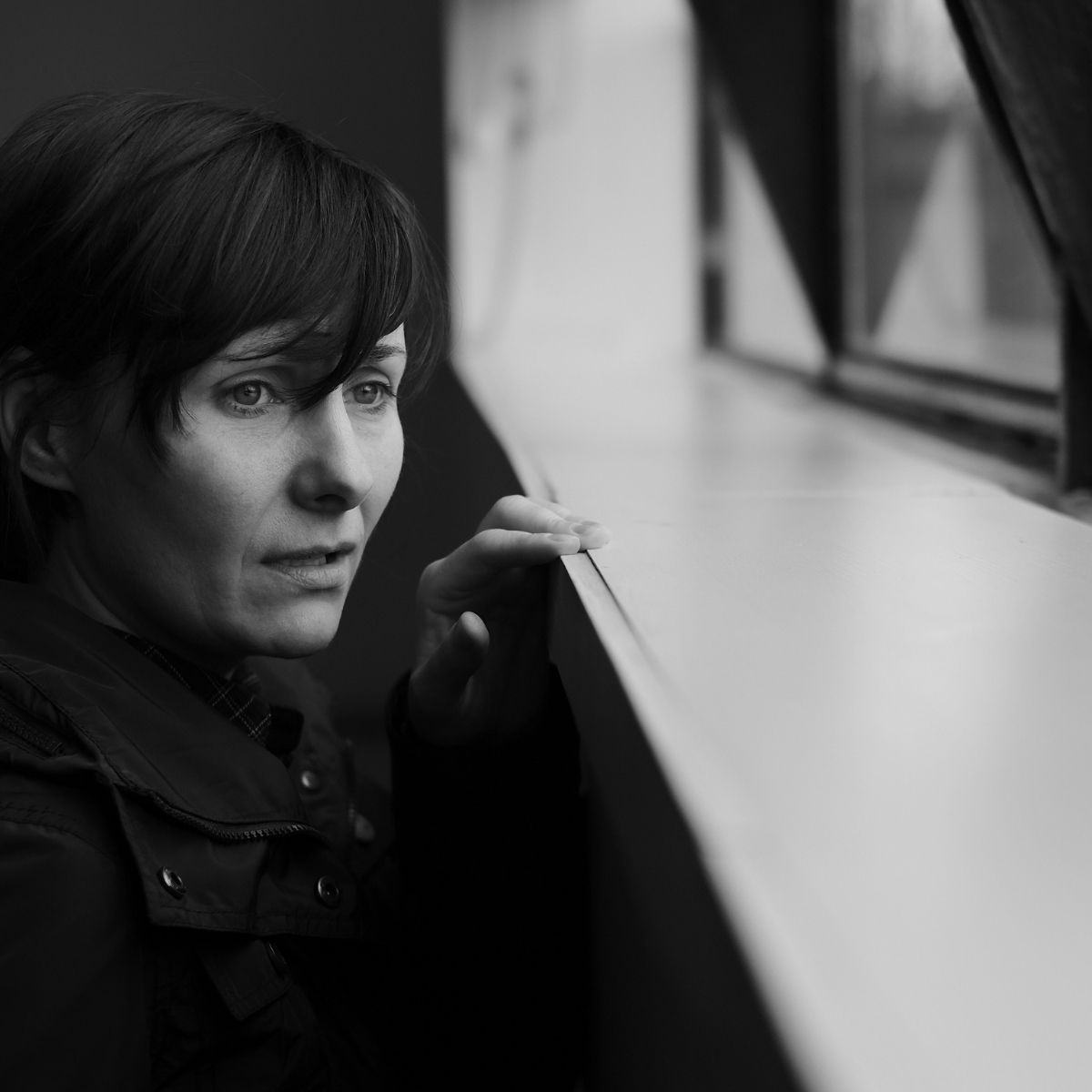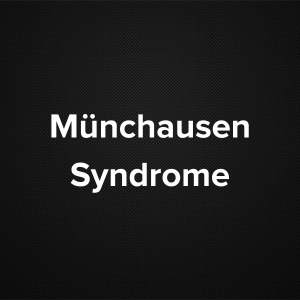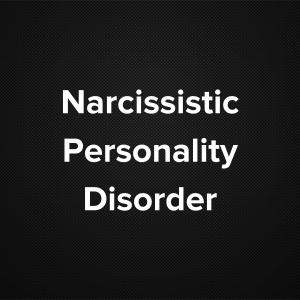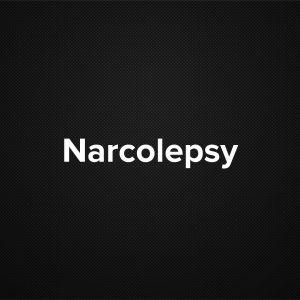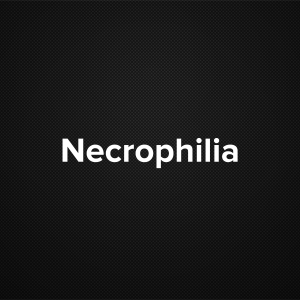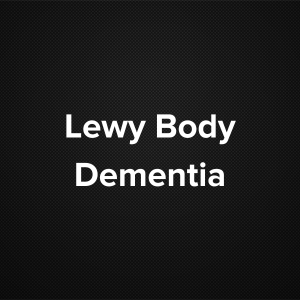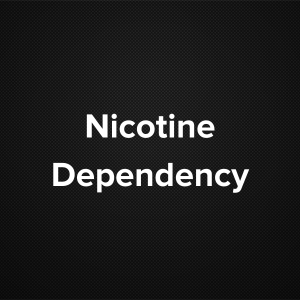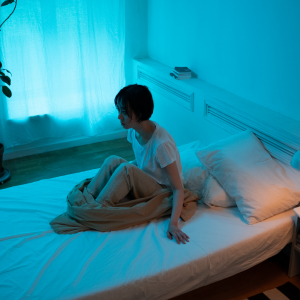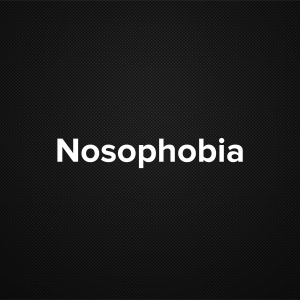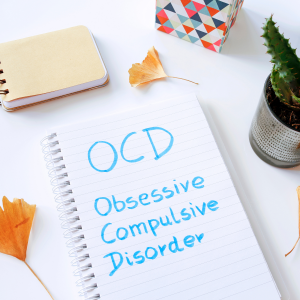Causes and risk factors
Grief is a natural emotion and response on loss of something or someone. Over a period of time (18-24months) an individual overcomes the situation and resumes the daily routine back, however in complicated grief the grief persist for prolong duration hampering the physical and mental health and leading to impairment in life style. The exact causes are not known however various stressful events or trauma which an individual undergoes during lifetime can evoke the disorder. Certain factors can trigger the complaints are family violence, war, rape or physical abuse, death of loved ones, some accidents, and foster care can cause stress disorder. Overuse of certain substances like drugs and alcohol also contribute to the causation.
Clinical presentation:
All the complaints with which the patient comes up with are exaggerated as per the situation. The pain and impairment is long lasting. A suffering individual present with intense pain and sorrow on the loss. The person broods over the event. Negative thoughts come up. The person finds it difficult to accept the loss. Irritability is seen. Person lacks interest in daily activity. Isolation is preferred there is lack of social communication. Under such circumstances there lies the greater risk of developing addiction to various substances like alcohol, drugs etc. Nothing pleases them and consoling becomes difficult. Disturbed sleep, headache and other physical ailments develop overtime. All this not only hampers the daily activity of the individual but poses problems in interpersonal relationship and hampers the work productivity. Suicidal thoughts may crop up.
Investigations:
Diagnosis can be made on the basis of the symptoms narrated by the patients and on the basis of complete psychiatric evaluation. Reviewing of the history is the most essential step to differentiate it from major depression disorder. All the details are obtained from the family and friends. Close observation in such cases is essential. Investigations can be advised in cases where the doctor suspects any pathology.
Treatment:
Anti psychotic or anti depressant medications are the first lines of treatment in such cases. Psychotherapy plays a major role in this. It comprises of counseling and interpersonal therapy. Cognitive behavioral therapy has found to be effective in such cases. Simultaneously timely help not only from the doctors but also from the family can help to overcome and minimize the suffering. Indulgence in positive recreational activity, inculcating meditational and spiritual support, getting involved in positive recreational activity is the certain steps to be implemented.
Other Modes of treatment:
Certain other modes of treatment can also be helpful in coping up the symptom. Taking into consideration the symptoms in holistic way, homoeopathy can offer a good aid for the relief of the symptoms.
Recent update:
The JAMA Network Journals has published an article stating that a targeted CG treatment (CGT) based on an attachment therapy model is more effective in treating the patients with complicated grief as compared to the IPT (interpersonal therapy).
